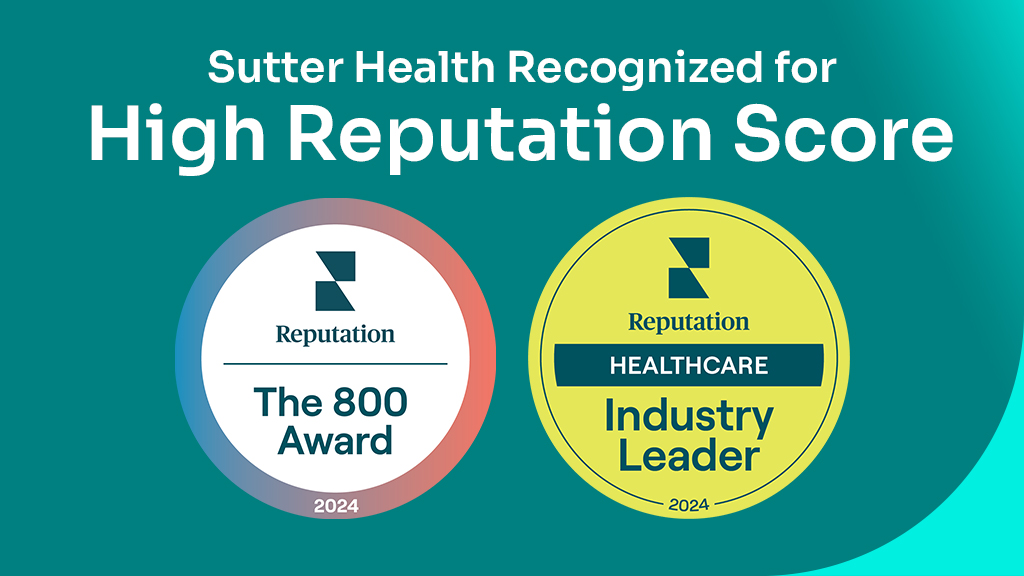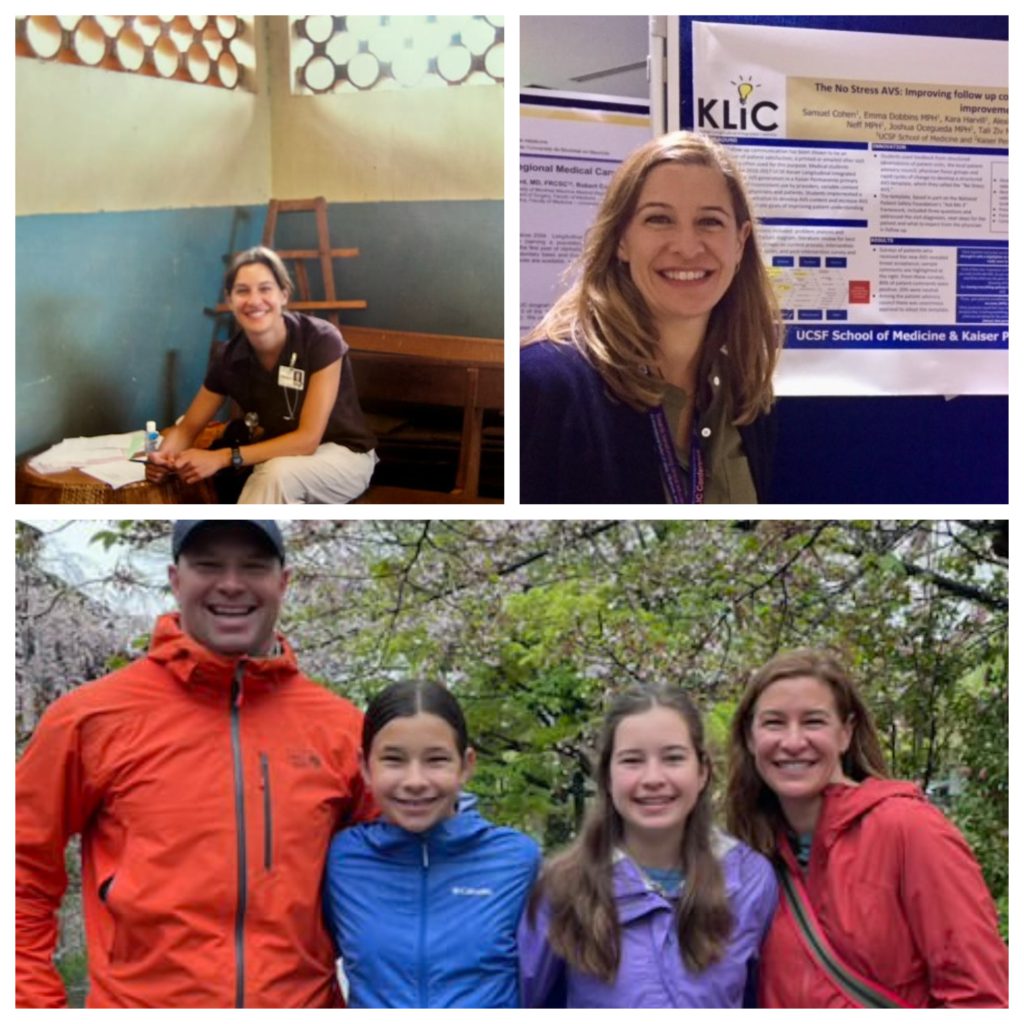In the U.S., one out of seven people living with HIV don’t know it, and the majority of people living with hepatitis C might be undiagnosed. In Alameda County, HIV[1] and hepatitis C[2] infection rates have not declined significantly over the last 10 years, and a disproportionate amount of people of color are affected by both diseases.
Nurses at Alta Bates Summit Medical Center (ABSMC) in the East Bay, part of the Sutter Health not-for-profit, integrated network of care, have found a way to get more people tested and into treatment. A nurse-led, opt-out screening program at ABSMC’s Oakland and Berkeley campus emergency rooms is testing all eligible patients unless they specifically decline.

Alta Bates Summit Medical Center, Oakland campus, 350 Hawthorne Ave.
“We routinely test people who come to our emergency departments for HIV and hepatitis C virus. They have the option to decline, but the majority of people choose not to opt out,” says Kara Vassily, BSN, R.N., nurse champion for the opt-out testing program at the ABSMC Oakland campus.
More than 12,500 patients have been tested for HIV and hepatitis C (HIV: 13,378; HCV: 12,599) since the ground-breaking program began in May 2017. As a result of the screening effort, 36 people were diagnosed with HIV. Thirty-four of them have been linked to medical care, and 33 are receiving lifelong anti-retroviral therapy (ART).[3] The opt-out screening program also diagnosed 342 people with hepatitis C. Of these, 108 people have been connected with treatment services and many of them have already started or completed medications that can cure them of this chronic liver disease in just two months.
“Nurses are in a unique position to lead universal screening and testing programs for HIV and hepatitis C in the emergency department,” says Vassily. “Because they spend a significant amount of time with patients, collecting sensitive health history information and providing patient education, they are able to talk with them more in depth about their potential risk factors for transmission of HIV and hepatitis C. It is through these open and honest conversations that the stigma around these two diseases is reduced, universal screening is successful and the overall health of the community is improved.”
“Many of those who test positive for HIV would probably not have known their disease status until they got an opportunistic infection like pneumocystis pneumonia or, in the case of hepatitis C, only after they’d suffered severe liver damage,” says Ryan Anson, a nurse practitioner at East Bay Advanced Care (EBAC) and director of the ED-based testing program.
“An important outcome of our opt-out testing program,” says Anson, “is the significant number of very early (acute) HIV infections we’ve diagnosed. We are detecting HIV infection in people within two to six weeks of their initial exposure to the virus, which means we are able to start them on ART at a very early stage in the disease. And we know from research that the earlier we attack the virus with treatment, the better our patients’ outcomes–and the lower their risk of transmitting HIV.”
The emergency departments were chosen as screening sites because they are often where vulnerable people seek primary care.
Patients newly diagnosed with HIV through the universal screening program, many of them people of color, are now starting ART within 24-72 hours of their diagnosis at ABSMC’s East Bay Advanced Care (EBAC). For more than 31 years, EBAC has provided primary care for low-income people with HIV and AIDS. Beginning ART as soon as possible helps patients to live longer, healthier lives and reduces the risk of HIV transmission to others.
“The opt-out screening program in our emergency departments helps us identify not only who has tested positive for HIV or hepatitis C, but also who needs our specialized services at EBAC. Universal testing is helping us to improve the quality of people’s lives, while it also helps reduce the spread of infection in the community,” says Christopher Hall, M.D. co-medical director of EBAC.
In the Bay Area, only Sutter’s Alta Bates Summit Medical Center, Alameda Health System’s Highland Hospital, and UCSF Benioff Children’s Hospital conduct routine emergency department opt-out testing programs for HIV and hepatitis C.
Based at the Oakland campus of Alta Bates Summit, EBAC (formerly known as East Bay AIDS Center) cares for an average of 1,500 HIV-positive and 500 HIV-negative patients each year and is the only full-time, hospital-based HIV primary care center in Alameda County. Since 1987, EBAC’s mission is to provide highest-quality, confidential, and nonjudgmental professional treatment and support services to all clients regardless of their income status, insurance or ability to pay.
[1] Alameda County Public Health Department: “HIV in Alameda County 2014-2016” http://www.acphd.org/media/493885/hiv-report-2018.pdf
[2] California Department of Public Health: “Alameda County – Chronic Hepatitis C Cases and Rates of Newly Reported Cases, 2011-2015” https://www.cdph.ca.gov/Programs/CID/DCDC/CDPH%20Document%20Library/Converted_Alameda_HCV.pdf
[3] Alameda County Public Health Department: “HIV in Alameda County 2014-2016” http://www.acphd.org/media/493885/hiv-report-2018.pdf. In 2016, nearly 5,000 new diagnoses of HIV infection were made in California, 275 in Alameda County.





